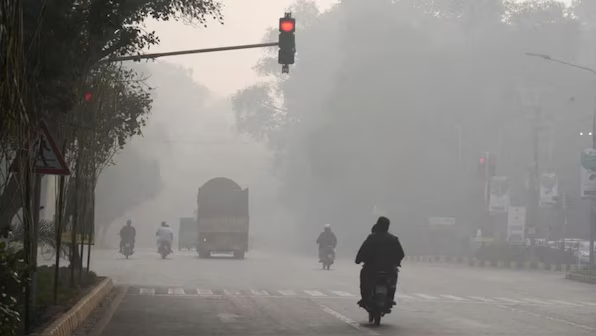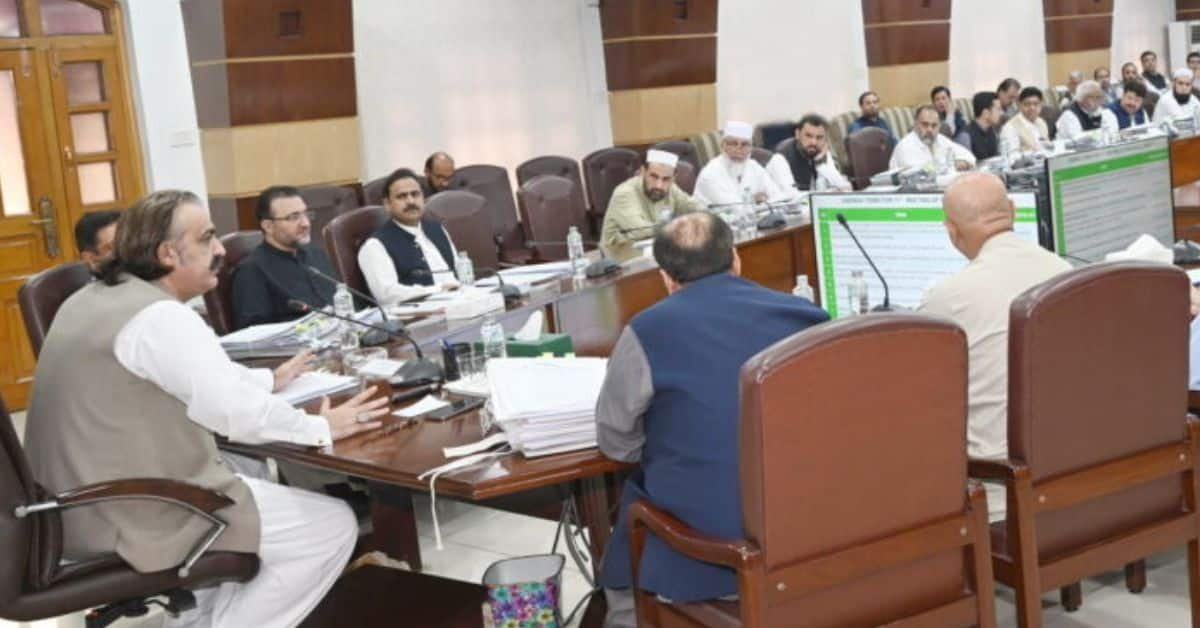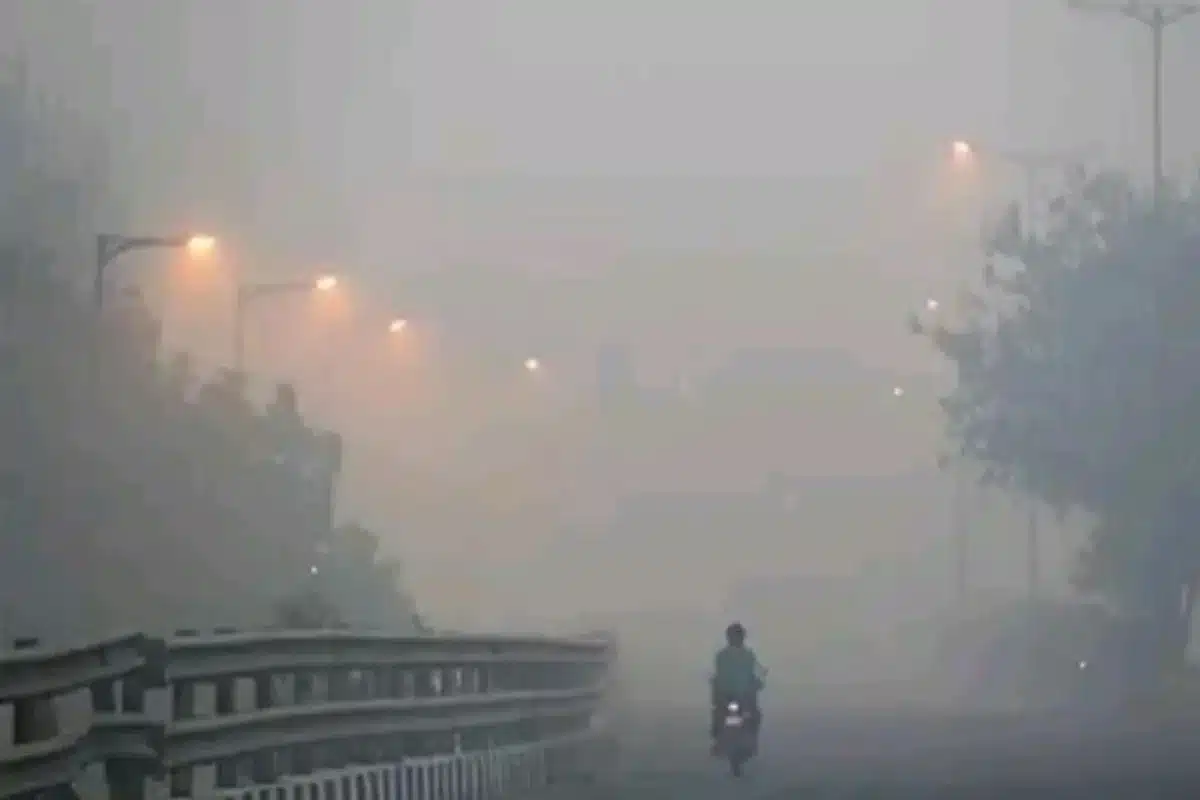Smog has become an increasingly common environmental concern in Pakistan, especially in Lahore, making protection from smog more important than ever.
Smog is a type of air pollution that is essentially a mixture of smoke, fog, and chemical pollutants. It can have serious health implications, including respiratory issues, heart problems, and long-term health effects, which is why protection from smog is extremely important.
Protection from smog
To safeguard yourself from the harmful effects of smog, here are some effective strategies for protecting yourself and your family from the dangers of smog.
- Stay Informed: Regularly check air quality reports and stay updated. You can monitor live AQI levels here.
- Minimize Outdoor Activities: Limit your time outside, especially on days when the AQI is high.
- Use Air Purifiers: Consider using air purifiers to help remove pollutants from indoor air, ensuring a cleaner environment.
- Create a Smog-Free Zone: Keep doors and windows closed during high smog days to prevent outdoor air from entering your home.
- Use Masks: Wear a mask whenever you go outside to protect your lungs. Look for masks labelled N95 or higher, which are effective in filtering airborne pollutants.
- Consult a Healthcare Professional: If you have pre-existing conditions like asthma or heart disease, consult your doctor for personalized advice during smoggy periods.
Smog side effects on human
Exposure to smog has side effects on humans which include
- Respiratory Problems
- Cardiovascular Issues
- Reduced Immune Function
- Long-term Health Effects
Smog and Pakistan
The smog situation is a serious concern throughout the country, particularly in Lahore and across Punjab. The government has imposed Section 144 for two months to curb smog in Islamabad, the federal capital of Pakistan.
The Punjab Government has officially announced a one-week school holiday of all primary schools and classes from Grades 1 to 5 across Lahore.















